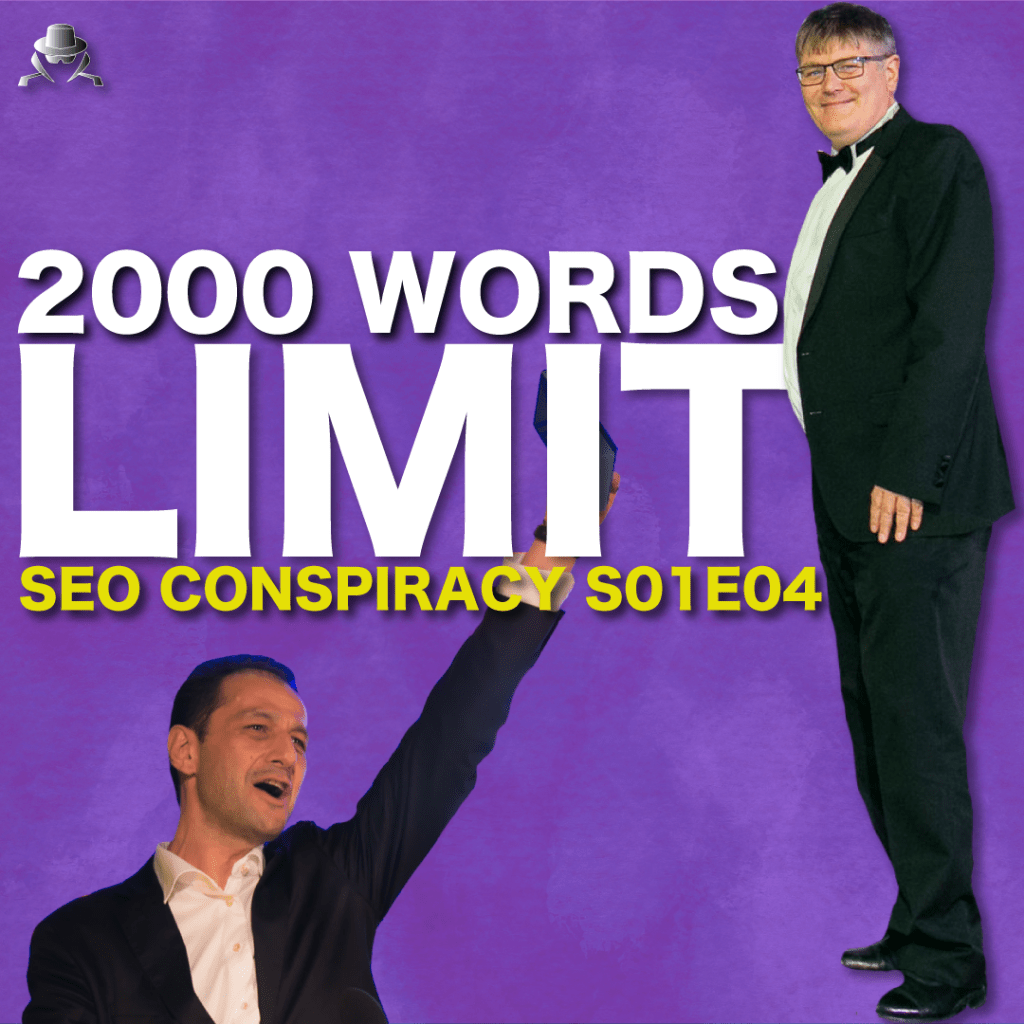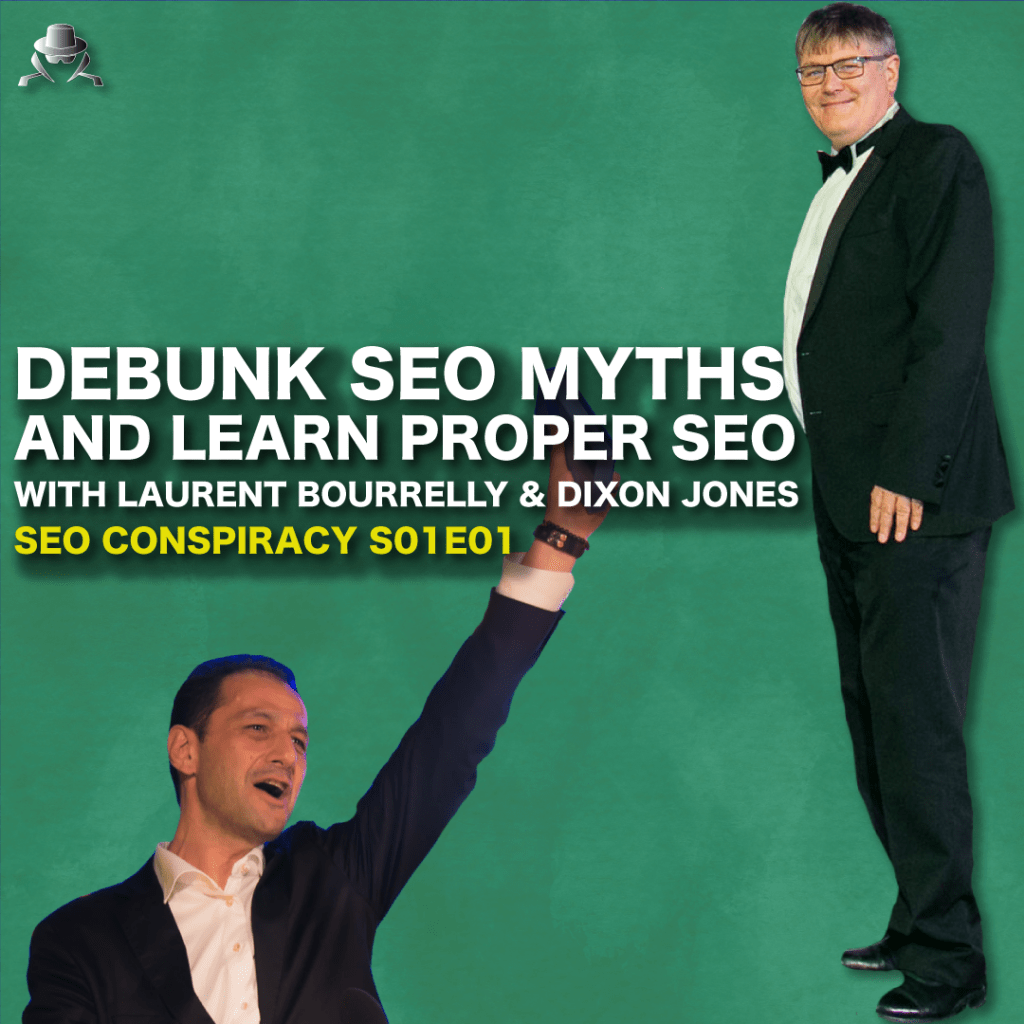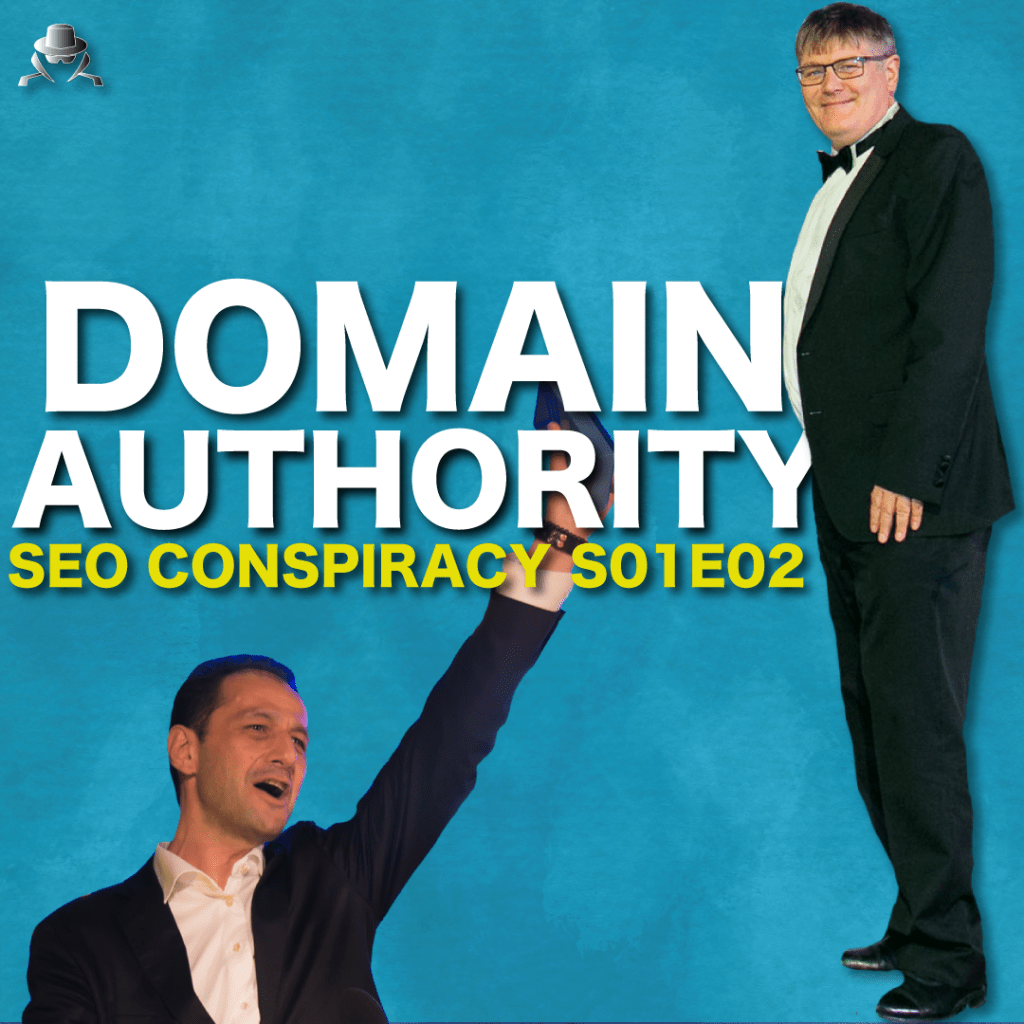Since some studies came out, SEO On Page Optimization recommends writing at least 2000 words per page.
Unfortunately, correlation doesn’t mean causality.
SEO CONSPIRACY S01E04
Publishing a 2000 words page doesn’t guarantee your URL will rank first on Google SERP.
Furthermore, you can totally rank high on Google with a page, which includes only 300 words (I think less than 300 words doesn’t give enough “meat” to grab on for a Search Engine) Of course, this is only our opinion.
Please feel free to share your point of view on the topic.
Watch the video:
Where Did the 2000 Words Rule Come From?
The “2000 words rule” likely emerged from various SEO studies that correlated high-ranking pages with longer content. However, it’s crucial to note that correlation doesn’t mean causation. Just because long-form content tends to rank well doesn’t mean word count alone is the deciding factor.
Here’s what’s really at play:
- Topical Depth: Longer content often covers topics more comprehensively, which aligns with Google’s goal of providing thorough answers to user queries.
- Engagement Metrics: Well-written, in-depth content can keep users on a page longer, signaling quality to Google.
- Backlink Potential: Detailed content is more likely to earn backlinks, boosting authority.
Can Short Content Rank?
Absolutely. Short content can rank well, provided it meets the user’s intent and satisfies the query. For instance:
- A page explaining how to reset a router might only need 300 words and an image to be effective.
- An FAQ section with concise answers can outperform lengthy articles for specific searches.
The key is relevance. If your content delivers the right information quickly and effectively, it can rank even with minimal words.
What Really Matters?
1. Topical Relevance
The real driver behind rankings is how well your content addresses the search intent. If the user is asking a question, does your page provide the best answer?
Tip: Use tools like InLinks or Rank for Win to analyze which topics and keywords Google associates with your query. Focus on integrating those topics naturally.
2. Context Over Length
Google’s algorithms are designed to understand context. This is where structured content and semantic relevance come into play.
For example:
- A 2000-word blog on “gardening tips” might rank poorly if it’s stuffed with irrelevant fluff.
- A 500-word article with precise, actionable tips could easily outrank it.
Tip: In your introduction, clearly define the topic. Make it obvious to both users and search engines what the page is about.
3. Structured Content
Borrowing from Wikipedia’s structure is a great strategy. Wikipedia starts with:
- Disambiguation: Clarifying what the page is about.
- Concise Introduction: The first two sentences often summarize the entire topic.
- Detailed Sections: Subsequent headings delve deeper into subtopics.
Tip: Use the first 500 words to thoroughly explain the main topic. Add structured subheadings and visuals to enhance readability.
Word Count and Stop Words
When calculating word count, don’t overlook stop words (e.g., “and,” “the,” “is”). These tiny words often inflate word counts but don’t add substance.
Tip: Focus on lexical density. High-value keywords and phrases should dominate your content, not filler words. Tools like TF-IDF analysis can help optimize your content for meaningful terms.
It’s About Quality, Not Quantity
The Role of Quality Content
Quality content doesn’t mean long content. It means:
- Answering the user’s query effectively.
- Providing a better experience than competitors.
- Using visuals, videos, and examples to enrich the content.
The Role of Intent
Understanding user intent is critical:
- Informational Searches: Require detailed explanations.
- Transactional Searches: May only need a short, compelling call-to-action.
- Navigational Searches: Often require a single link or brief description.
Tip: Analyze the search results for your target keyword. What type of content is ranking? Match the intent and format of those pages.
How to Write Content That Ranks
- Start with a Strong Introduction
- Define the topic in the first 2-3 sentences.
- Make it clear what the user will learn.
- Use Visuals and Media
- Images, videos, and infographics can convey complex ideas more effectively than text.
- Focus on Semantics
- Cover related subtopics to show depth.
- Use tools to identify semantic relationships between keywords.
- Monitor Competitors
- Check the average word count of top-ranking pages.
- Match or exceed their topical coverage, not just their length.
- Iterate and Improve
- Analyze performance metrics like bounce rate and time on page.
- Update content periodically to maintain relevance.
Debunking the 2000 Words Myth
There’s no magical word count for SEO success. Google doesn’t rank content because of its length—it ranks content that provides value. While long-form content often performs well due to its depth, short and concise pages can dominate when they meet user intent effectively.
Key Takeaways
- Content Length Isn’t King: Context, quality, and intent matter more.
- Structure Matters: Borrow best practices from Wikipedia to create structured, scannable content.
- Focus on Relevance: Address user intent thoroughly and concisely.
- Word Count is a Tool, Not a Rule: Use it as a guideline, not a target.
Do you need 2000 words to rank? Not always.
What you need is the right content for the right query.
Stay tuned for more SEO myths and truths on SEO Conspiracies!
Listen to the podcast



